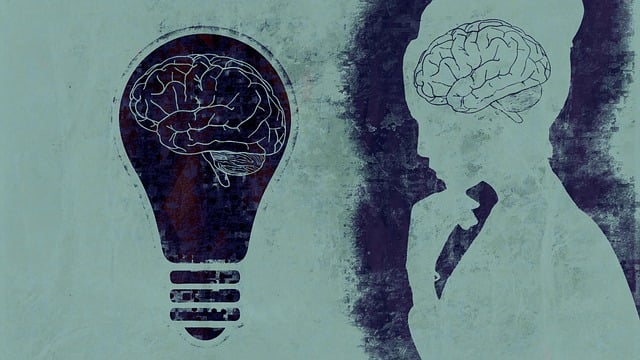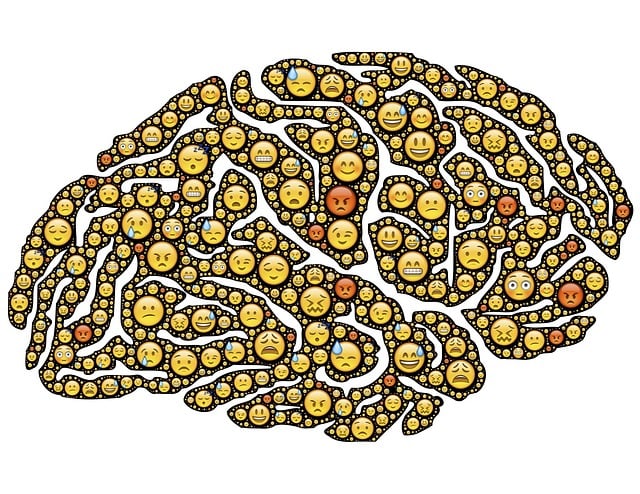Mental health professionals specializing in therapy for children and grief counseling face unique challenges due to clients' developmental vulnerabilities, which require tailored coping mechanisms and empathy-building strategies. Effective risk management planning is crucial for ensuring therapist and client safety while fostering a secure therapeutic environment, especially when addressing profound grief in children. Integrating stress management workshops, communication strategies, and regular therapy sessions, including grief counseling, enhances emotional intelligence and promotes long-term resilience, enabling professionals to deliver optimal patient care.
Mental health professionals, particularly those specializing in child therapy and grief counseling, face unique risks that demand careful consideration. This article explores comprehensive risk assessment frameworks tailored to these specialized fields, focusing on identifying potential hazards and implementing effective mitigation strategies. By understanding the specific challenges within child therapy and grief counseling, practitioners can enhance their resilience and better support both clients and themselves.
- Understanding the Unique Risks in Child Therapy and Grief Counseling
- Essential Components of a Comprehensive Risk Assessment Framework
- Strategies for Mitigating and Managing Identified Risks Effectively
Understanding the Unique Risks in Child Therapy and Grief Counseling

Mental health professionals who specialize in therapy for children and grief counseling face unique challenges that demand a nuanced approach to risk assessment. Children, by their very nature, are more vulnerable due to their developmental stage, often lacking the cognitive ability to process complex emotions or fully comprehend their experiences. This makes them susceptible to trauma, abuse, or neglect, which can significantly impact their emotional well-being. Professionals in this field must be adept at employing empathy building strategies and promoting healthy coping mechanisms tailored to young clients.
Grief counseling adds another layer of complexity as children grapple with loss, whether it’s the death of a loved one, separation from caregivers, or other traumatic events. While traditional therapy techniques may not always resonate, mental health professionals need to be equipped with effective emotional well-being promotion techniques to support children navigating these profound emotions. Comprehensive risk management planning is paramount, encompassing strategies that safeguard both the therapist and client while ensuring ethical practice and fostering a secure therapeutic environment.
Essential Components of a Comprehensive Risk Assessment Framework

A comprehensive risk assessment framework for mental health professionals working with children involves several critical components. Firstly, therapy for children should be tailored to address specific emotional and psychological needs, incorporating evidence-based practices like grief counseling. This not only helps in managing immediate crises but also fosters long-term emotional resilience.
Additionally, integrating stress management workshops within the organizational culture enhances professionals’ ability to cope with work-related pressures. Equally important are communication strategies that encourage open dialogue and build trust between therapists and clients. These strategies support effective risk assessment by facilitating the exchange of vital information, thereby improving overall care and safety.
Strategies for Mitigating and Managing Identified Risks Effectively

Identifying risks is only the first step; effective management and mitigation strategies are crucial for mental health professionals to maintain a healthy work-life balance and ensure optimal patient care. One key approach is prioritizing emotional regulation. Professionals should be encouraged to develop robust self-care routines tailored to their needs, ensuring they address physical and emotional well-being. Regular therapy sessions, especially those focused on grief counseling, can help professionals process complex emotions and maintain resilience.
Moreover, cultivating emotional intelligence enables professionals to recognize and manage their own emotions as well as understand and respond sensitively to patients’ emotional needs. By integrating these strategies into their practice, mental health professionals can mitigate risks, enhance their ability to provide effective therapy for children, and foster a supportive environment that encourages both personal growth and quality patient care.
Mental health professionals, particularly those specializing in child therapy and grief counseling, face unique risks that demand careful consideration. By implementing a comprehensive risk assessment framework, therapists can proactively identify potential hazards such as boundary issues, countertransference, and burnout. Effective strategies for mitigating these risks include ongoing self-care, supervision, and regular professional development. Fostering a culture of resilience and open communication ensures a safer and more supportive environment for both therapists and their clients, enhancing the quality of therapy for children navigating grief and other challenges.













